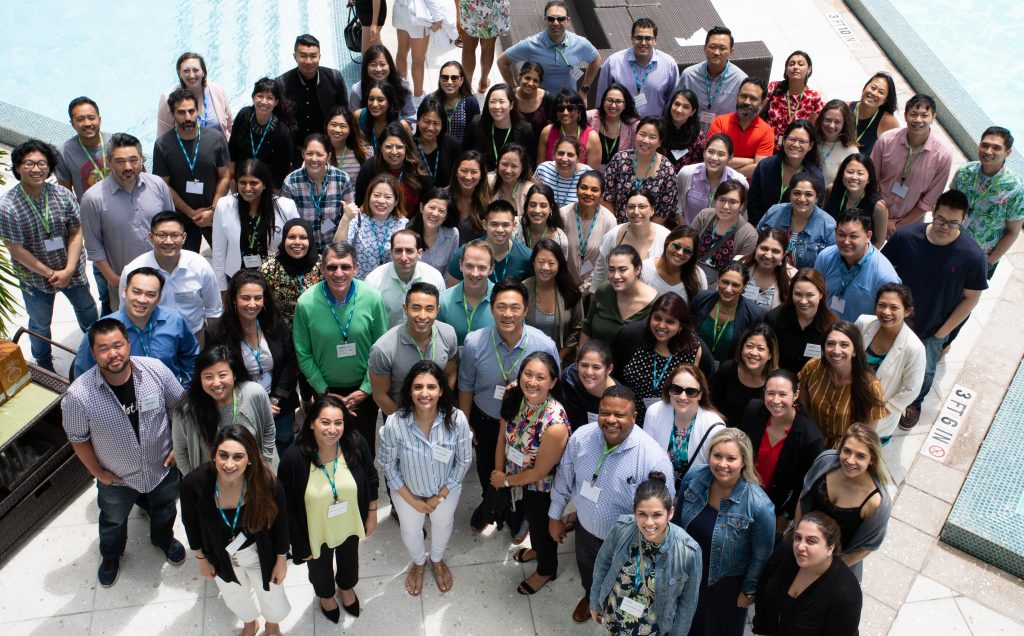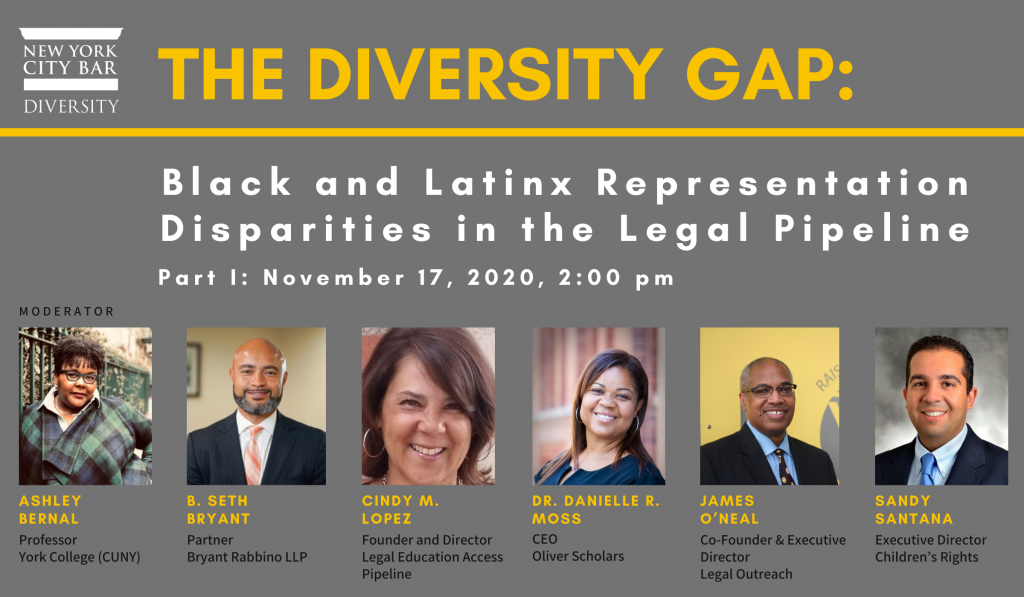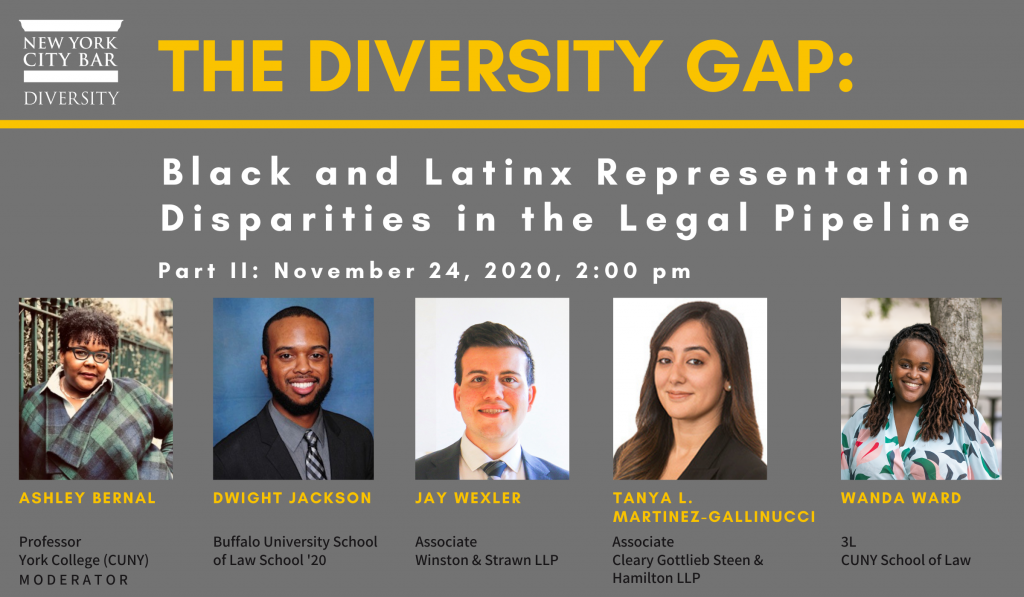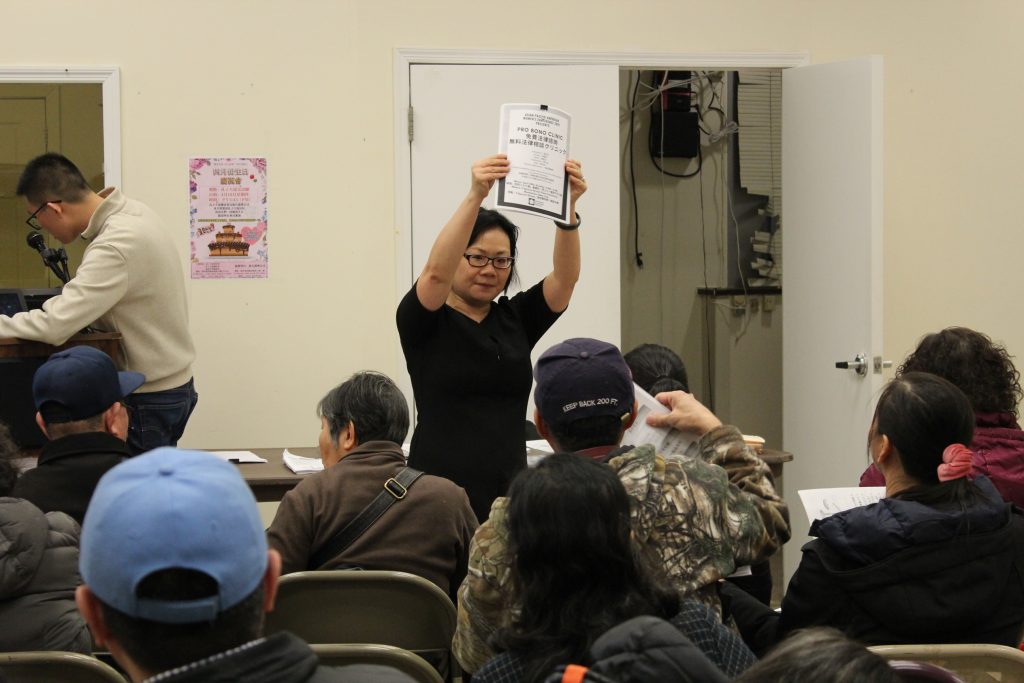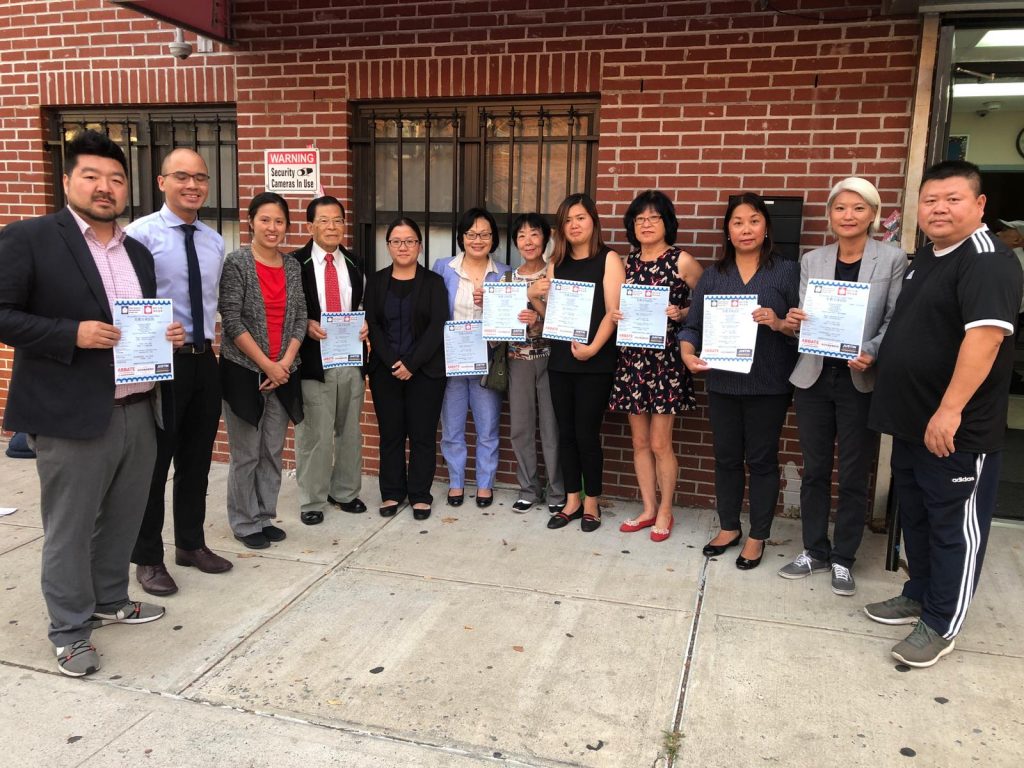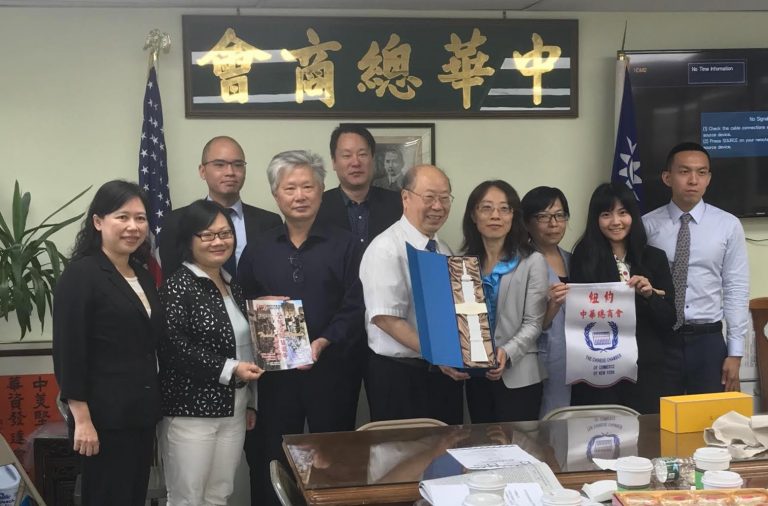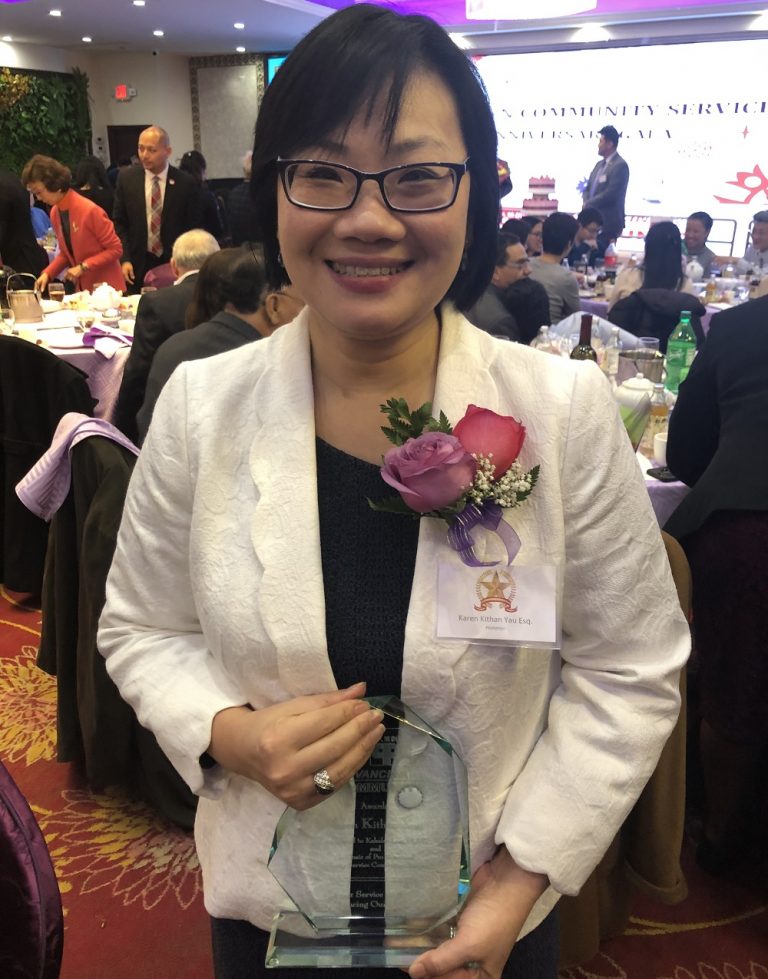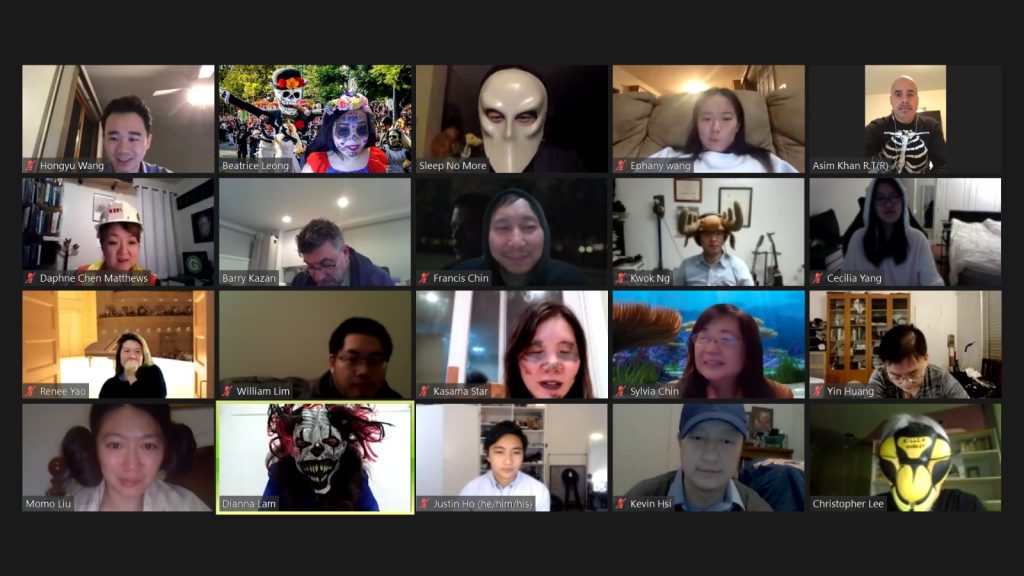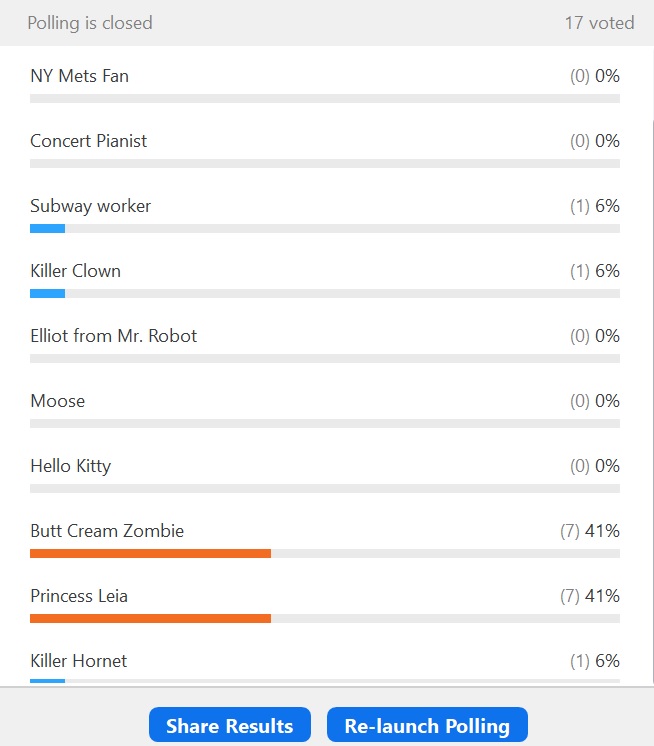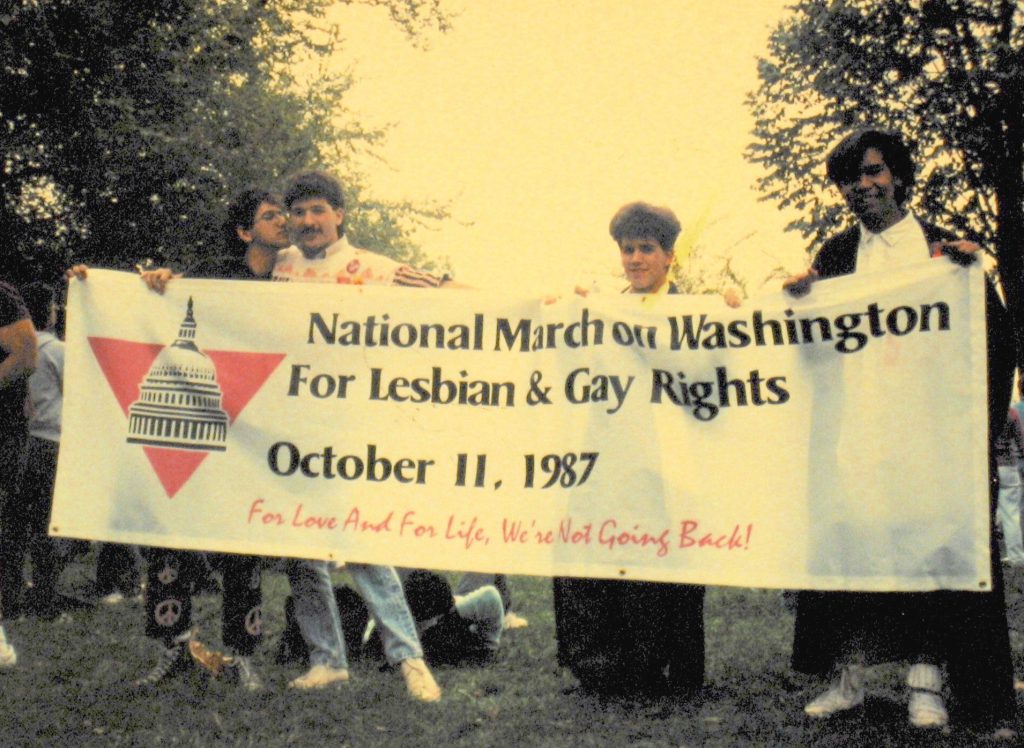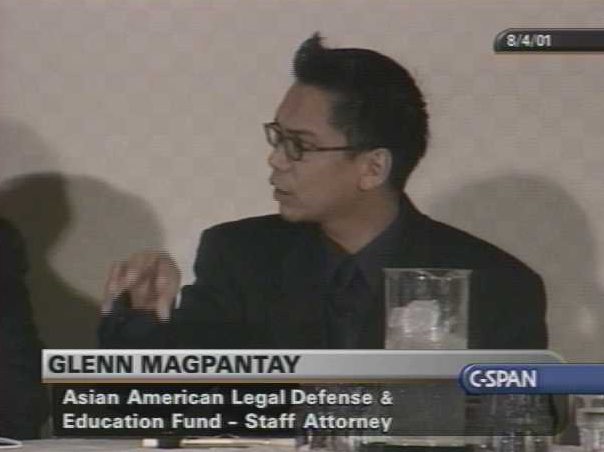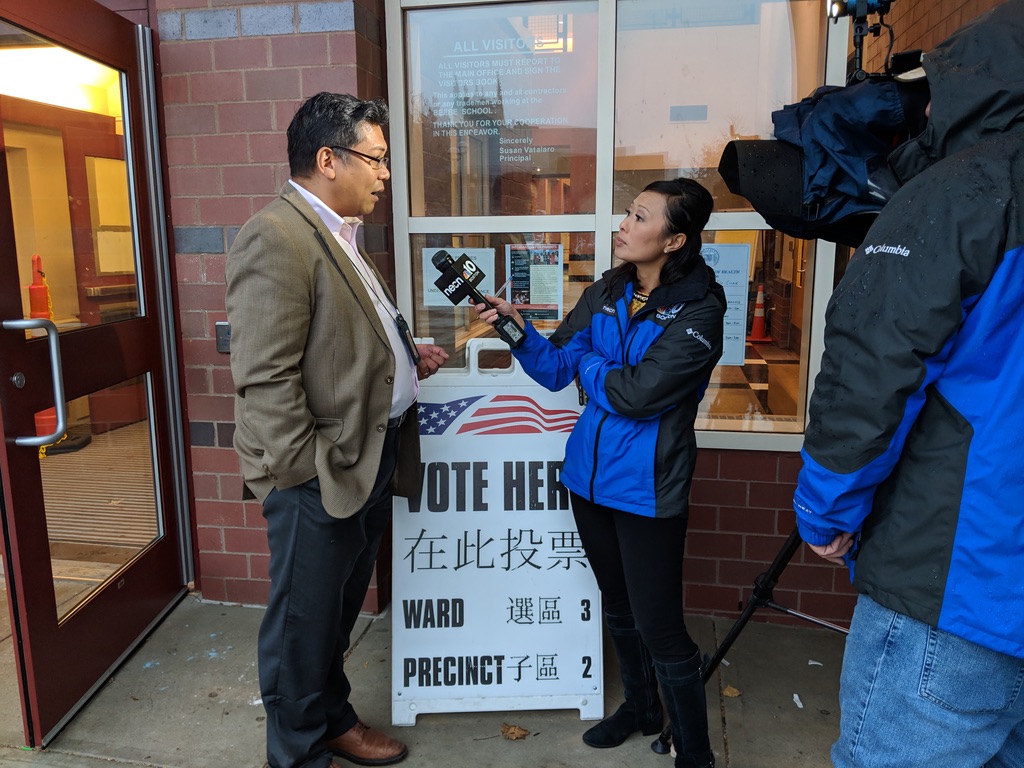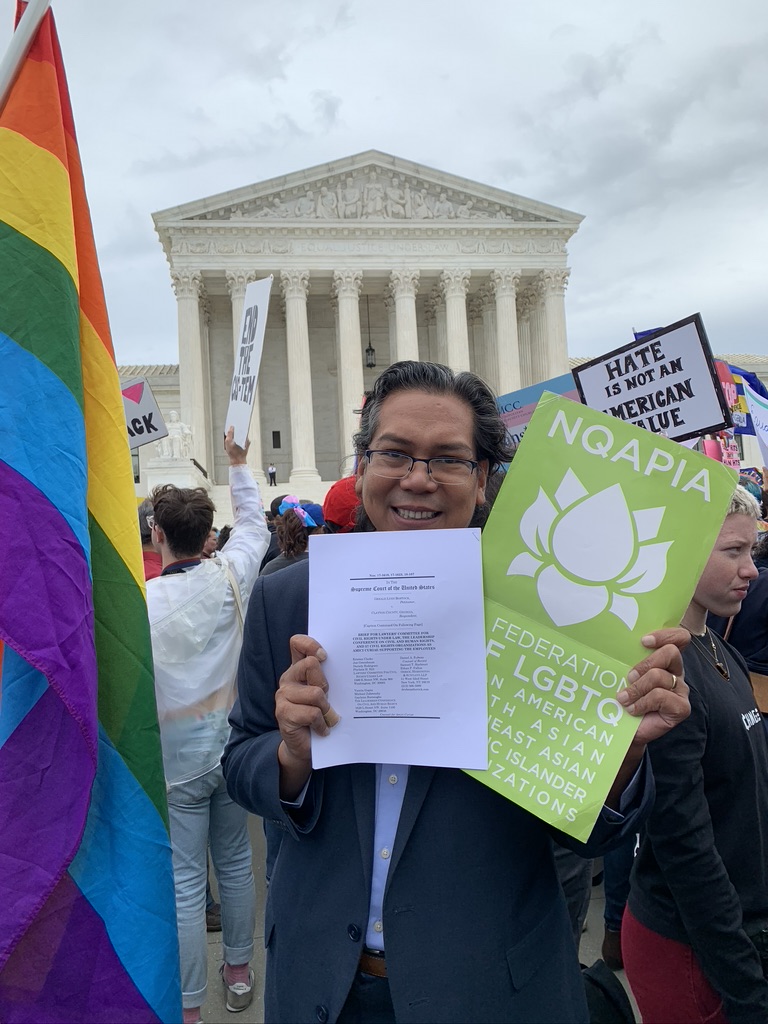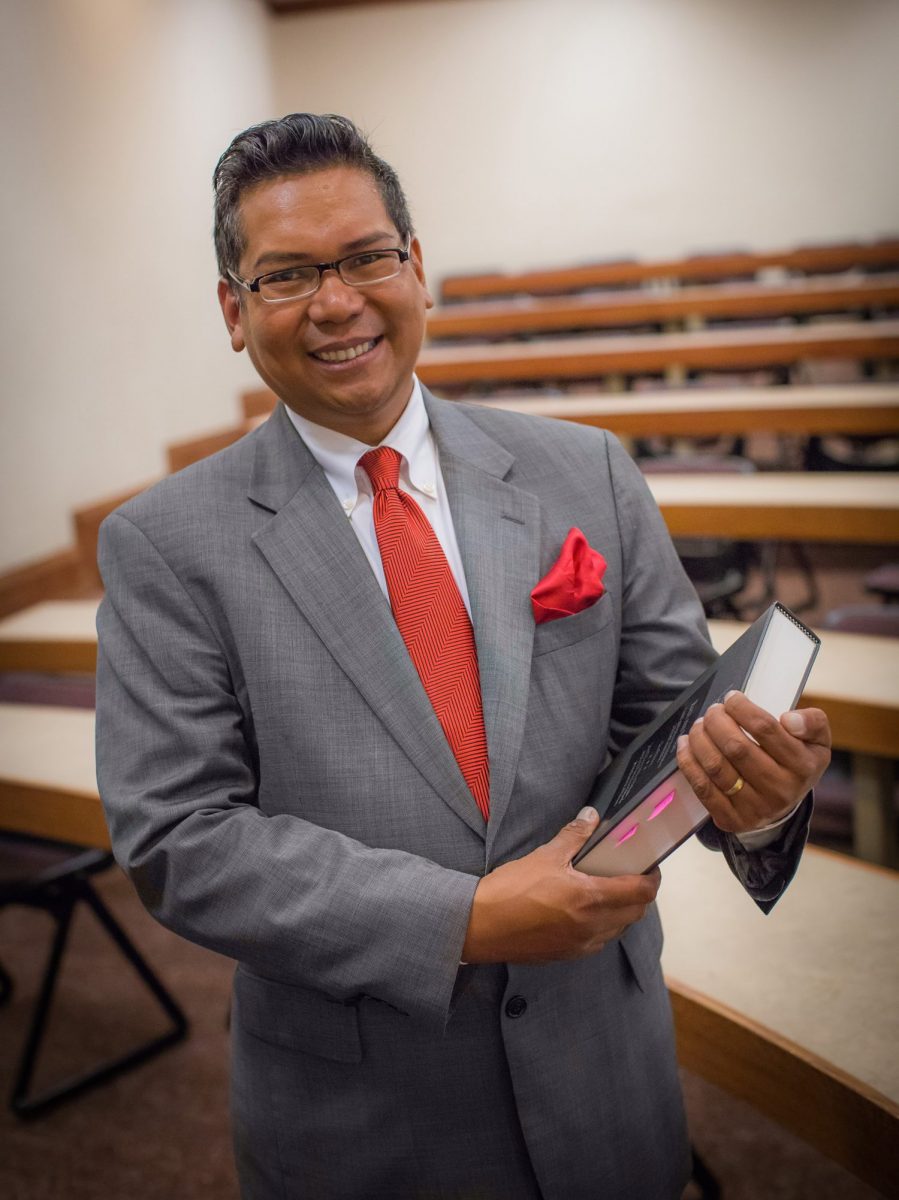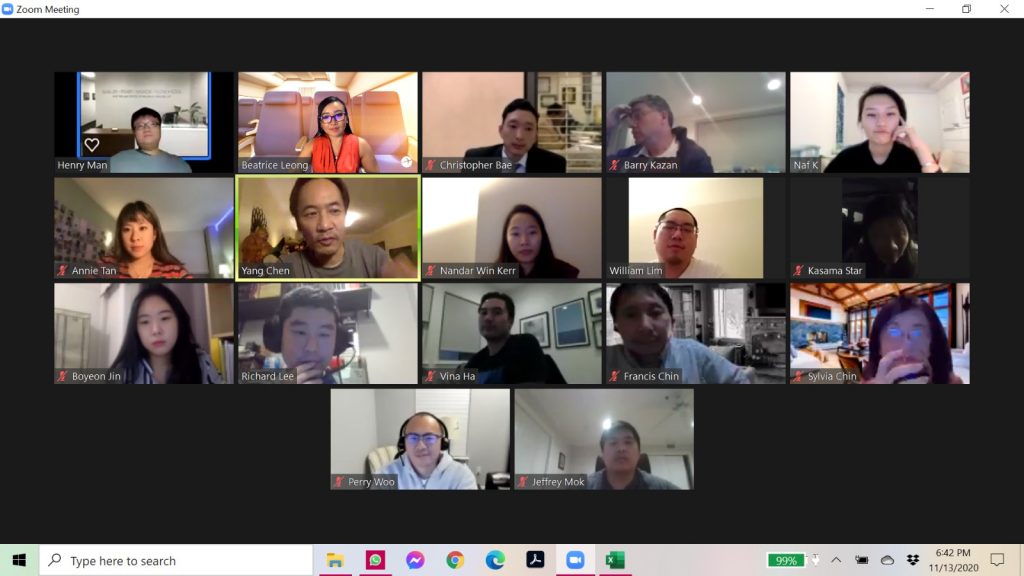
On November 13, 2020, the Membership Committee hosted their weekly virtual Membership Mixer, with 17 participants in attendance. This week AABANY had the honor of having Naf Kwun, Partner at Lee Anav Chung White Kim Ruger & Richter LLP and AABANY Board Member, as our guest speaker.
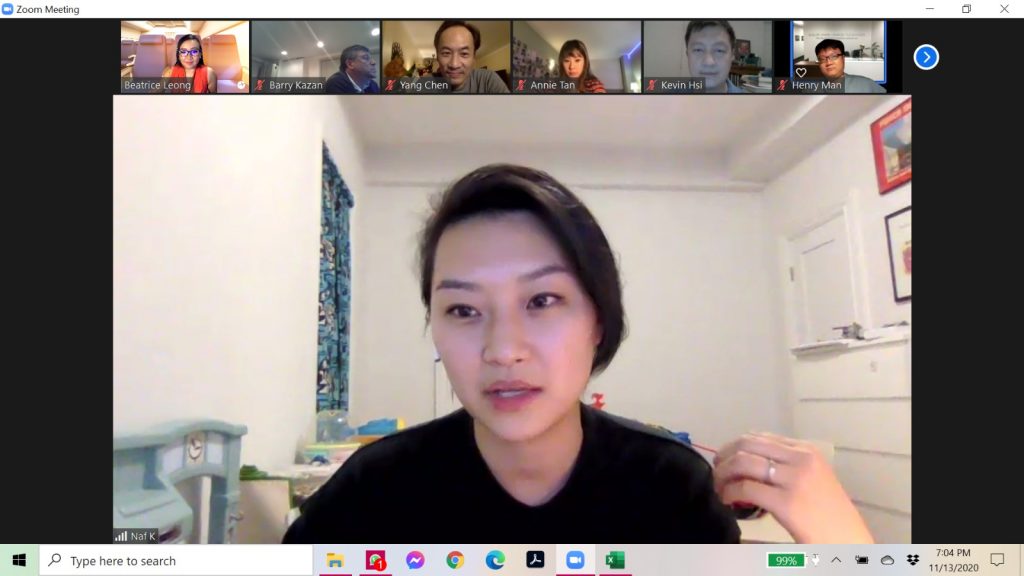
The icebreaker question posed to the group was: “What would you have done differently if you knew everything you knew about COVID before the lockdown?” Participants gave varied responses, such as invest in Pfizer, Zoom, and Amazon stocks; take a trip; clean their offices; buy more PPE.
Naf shared her path to success in the legal profession, starting with her attending AABANY’s second Fall Conference, in 2011, which led her to getting actively involved with AABANY’s quarterly newsletter, The Advocate, which then led to her becoming active on various AABANY Committees, including serving as a Co-Chair of the Women’s Committee. Naf also joined the Board and served as an Office and Director, including a highly productive tenure as Co-Vice President of Programs and Operations. Even as she was busy with AABANY, Naf got her legal career on track, first as a clerk to Criminal Court Justice Patricia DiMango, and then as an Associate at Lee Anav, where she rose to Partner after a few years. Naf also serves on the Board of AABANY’s 501(c)(3) affiliate, the Asian American Law Fund of New York. This year, Naf received recognition as one of NAPABA’s Best Under 40. Congratulations to Naf on this well-deserved honor and recognition, and thanks to Naf for sharing her inspiring journey with our members at our Weekly Mixer!
The Membership Committee previously hosted Monthly Mixers at bars, ballparks, stadiums, operas, etc, but due to COVID, we have moved online to offer members a weekly outlet to share their feelings, see old friends, and make new connections. Mixers start at 6:30pm on Friday and the main event ends at 7:30pm but many often stay on after 7:30pm for smaller breakout groups. Membership Committee will continue to host weekly virtual mixers until it is safe to gather together again in person.
We are giving away door prizes in some weeks. In order to win, you must be a member and must RSVP on the aabany.org calendar entry to get a raffle number. Non-members can join the mixer but won’t be eligible to win a prize.
Congratulations to Henry Man, for winning the weekly prize!
Please join us on November 20, 2020 for a Remo Room Mixer. Register by Thursday, Nov. 19, at https://www.aabany.org/events/event_details.asp?legacy=1&id=1420338.


